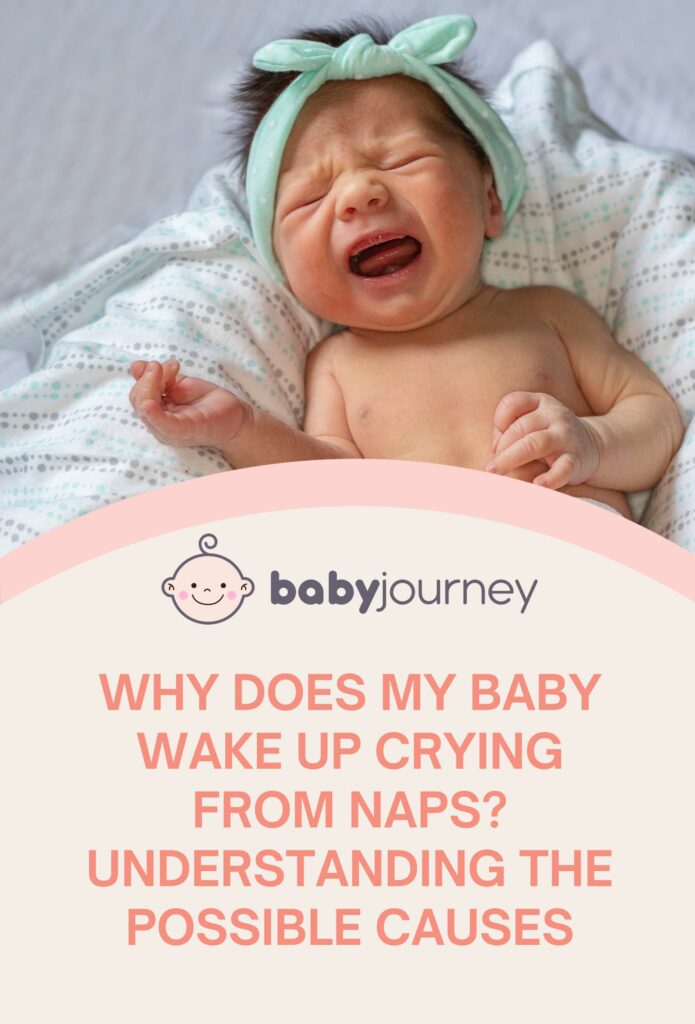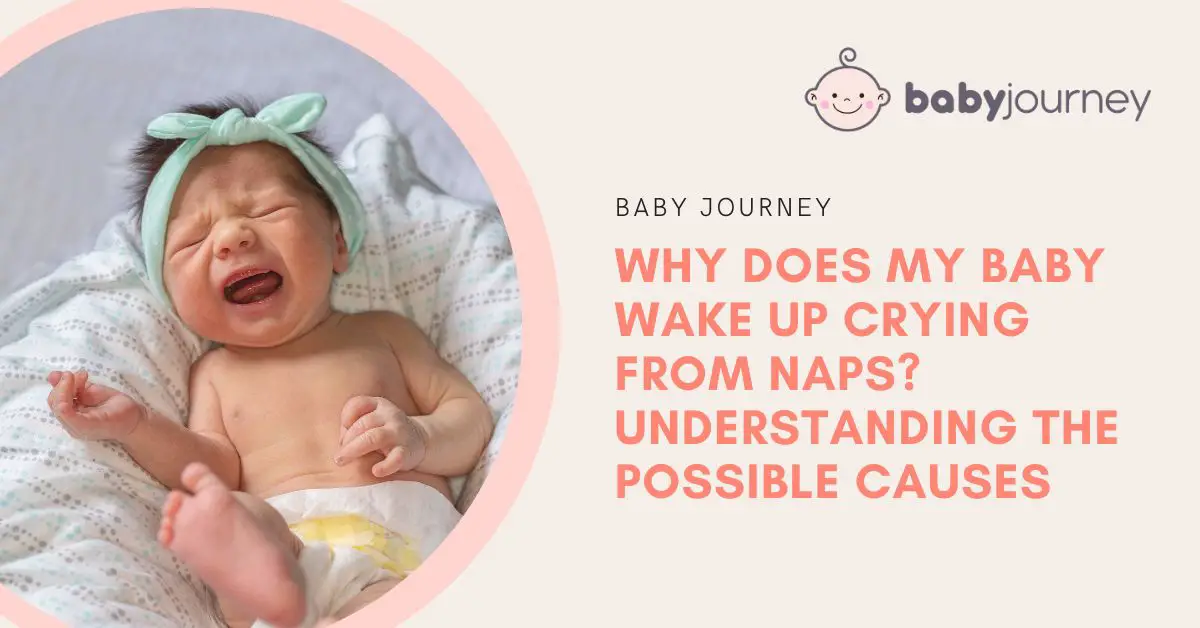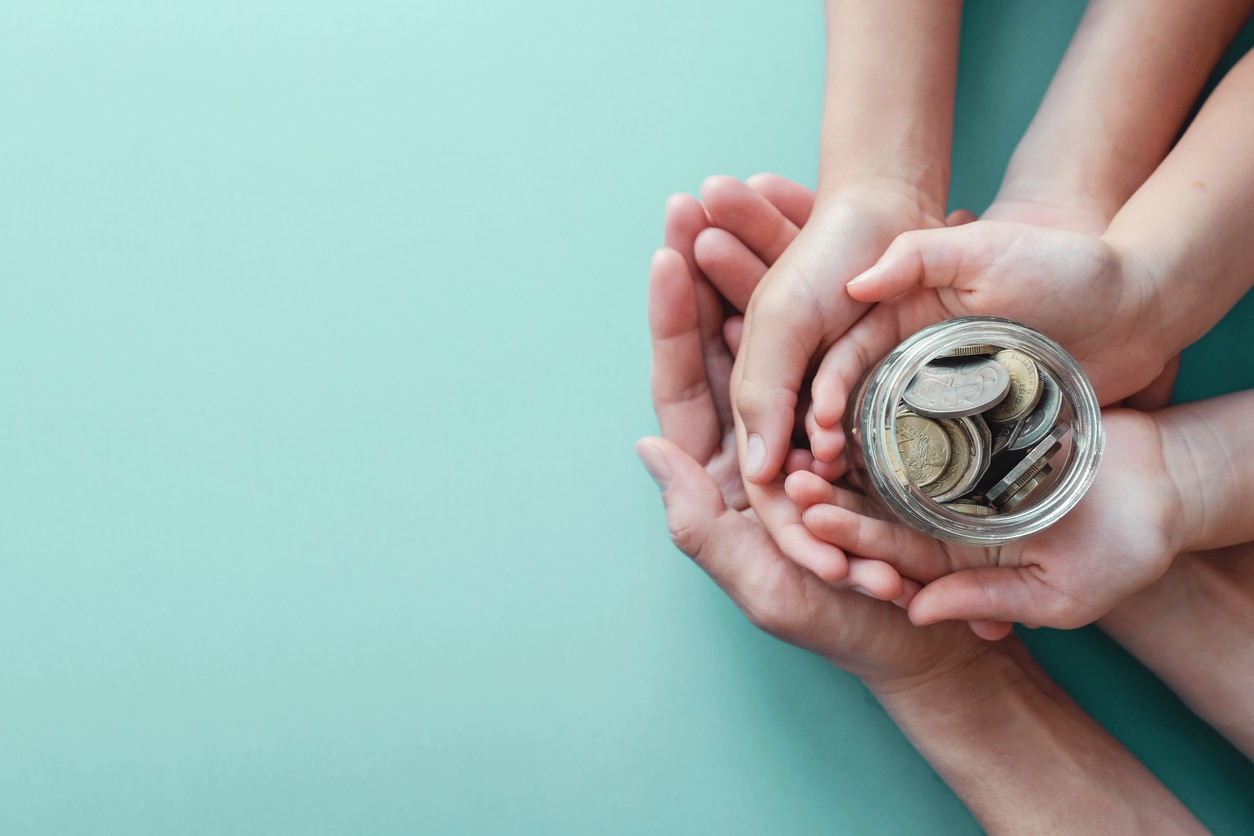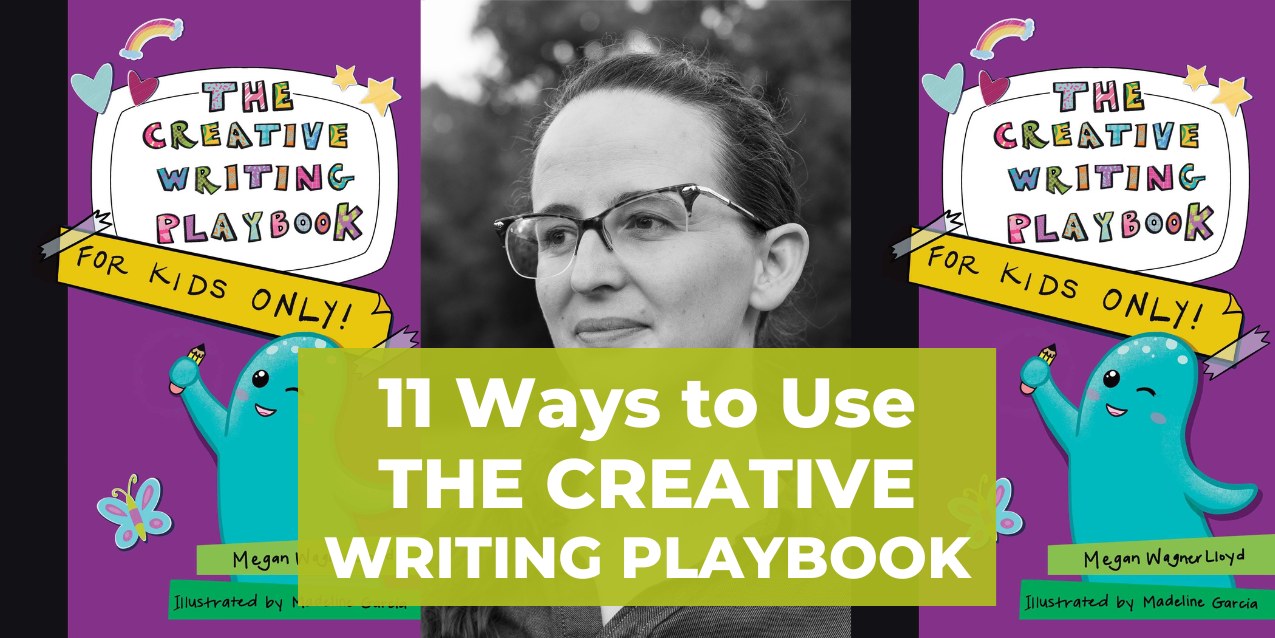Why does my baby wake up crying from naps? Young baby waking up crying from naps can be distressing for parents. While it’s normal for young babies to wake up from naps, it’s not always clear why they’re crying. Some young babies cry because they’re hungry or need a diaper change, while others may be experiencing discomfort from teething or other physical issues.
It’s important to note that crying is your baby’s way of communicating with you. While it can be frustrating and exhausting for parents, it’s important to remain calm and patient. Why does baby wake up crying? In some cases, your baby may just need some extra love and attention. However, if your baby cry continually wakes up from naps and you’re not sure why, it may be helpful to explore some of the common reasons why babies wake up crying from naps.
Some of the common reasons why does my baby wake up crying hysterically from naps include hunger, discomfort, overstimulation, and sleep regression. Hunger is a common cause of crying, especially for newborns who need to eat frequently. Discomfort from teething, illness, or other physical issues can also cause babies to wake up crying. Overstimulation from noise or activity can also cause babies to have trouble settling down for naps. Finally, sleep regression is a common issue for babies around 4 months and 9 months, which can cause them to wake up crying from naps.
Causes of Crying During Naps
Naps are an essential part of a baby sleep cycles, and they help babies get the rest they need for healthy growth and development. However, it can be frustrating for parents when their baby wakes up crying from a nap. Why does my baby wake up screaming? There are several reasons why a baby may wake up crying during a nap.
Discomfort and Hunger
One of the most common reasons why does baby wakes up crying from a nap is discomfort or hunger. Babies may feel uncomfortable if they are too hot or too cold, have a dirty diaper, or are in an uncomfortable sleeping position. Hunger is also a common reason for a baby cries from waking up. Parents can check if the baby needs a diaper change or a feeding to soothe them back to deep sleep.
Teething and Ear Infections
Why does my baby keep waking up crying? Teething and ear infections are also common reasons why do babies cry when they wake up from a nap. Teething can be painful and uncomfortable for babies, and they may wake up crying during their nap due to the discomfort. Ear infections can also cause pain and discomfort, making it difficult for the baby sleep peacefully. Parents should consult with their pediatrician if they suspect their baby has an ear infection.
Sleep Regressions and Parasomnias
Sleep regressions and parasomnias can also cause a baby wakes up crying from a nap. Sleep regressions occur when a baby’s sleep patterns change, and they may experience more frequent night wakings and shorter naps. Parasomnias are sleep disorders that can cause a baby to wake up crying, confused, or disoriented during a nap. These disorders include confusional arousals and sleepwalking.
In conclusion, there are several reasons why a baby may wake up crying from a nap. Parents should try to identify the underlying cause of their baby’s crying and provide appropriate soothing measures. It is also essential to establish healthy sleep cycles, such as swaddling and encouraging self-soothing, to help the baby get a good night’s sleep and nap times. If parents have concerns about their baby’s sleep cycles, they should consult with their pediatrician for advice and support.
Behavioral Issues
Babies waking up crying from naps is a common issue that many parents face. While some babies may wake up happy and refreshed, others may wake up crying inconsolably. This can be a cause of concern for parents, especially if it happens frequently. There are several behavioral issues that may cause a baby to wake up crying from naps.
Separation Anxiety and Clinginess
Separation anxiety and clinginess are common issues that many babies face. Babies who are going through separation anxiety may become upset when their parents leave them alone, even for a short period of time. This can cause them to wake up crying from naps, as they may feel scared or alone.
Clinginess is another issue that can cause babies to wake up crying from naps. Babies who are clingy may want to be held all the time and may become upset when they are put down. This can make it difficult for them to fall asleep on their own, and they may wake up crying when they realize that they are alone.
Nightmares and Night Terrors
Nightmares and night terrors are another common issue that can cause babies to wake up crying from naps. Nightmares are scary dreams that can cause a baby wakes up crying or upset. Night terrors, on the other hand, are episodes of intense fear that can cause a baby wakes up screaming and inconsolable.
Inconsolable Crying
Inconsolable crying is a common issue that many babies face. Sometimes, babies may wake up crying from naps and may be difficult to console. So why do babies cry when they wake up from naps? This can be due to a variety of reasons, such as hunger, discomfort, or feeling too hot or cold.
Inconsolable crying can also be a sign of confusion or disorientation. Babies who are going through a transition, such as moving to a new home or starting daycare, may become confused and upset, which can cause them to wake up crying from naps.
In conclusion, there are several behavioral issues that can cause a baby wakes up crying from naps. Separation anxiety, clinginess, nightmares, night terrors, confusion, and discomfort are just a few of the many reasons why babies may wake up crying from naps. It is important for parents to identify the cause of their baby’s crying and take steps to address it.
Sleep Training and Sleep Associations
Sleep training is a process of teaching babies to sleep independently. It involves creating a consistent sleep routine and gradually reducing the amount of parental intervention required to help the baby fall asleep. There are several methods of sleep train, including the “cry it out” method, which involves allowing the baby to cry for a set period before checking on them.
One of the reasons why does my baby wake up screaming from naps is due to sleep associations. Sleep associations are habits or objects that a baby associates with falling asleep. For example, if a baby is used to being rocked to sleep, they may wake up crying when they are put down to sleep without being rocked. Similarly, if a baby is used to being fed to sleep, they may wake up crying when they wake up hungry and cannot fall asleep without being fed.
To avoid sleep associations, parents can encourage self-soothing techniques. This involves teaching the baby to fall asleep without external assistance. Self-soothing techniques can include using a pacifier, playing white noise, or using a transitional object, such as a blanket or stuffed animal.
Night feedings can also be a cause of why does baby wake up screaming. Babies who are used to being fed during the night sleep may wake up crying when they are hungry and cannot fall back asleep without being fed. To avoid this, parents can gradually reduce the amount of milk given during night feedings until the baby no longer requires them.
It is important to note that sleep training and self-soothing techniques may not work for all babies. Some babies may require more parental intervention to fall asleep, and that is okay. Parents should always follow their instincts and do what works best for their baby.
When to Consult a Pediatrician
Why does my baby always wake up crying? If a baby is waking up crying from naps frequently, it may be a cause for concern. While it is normal for babies to cry occasionally, excessive crying can be a sign of an underlying health issue. Here are some signs to look out for when deciding if it’s time to consult a pediatrician:
- Fever: If the baby has a fever, it could be a sign of an infection. A fever is generally defined as a temperature of 100.4 degrees Fahrenheit or higher. If the baby has a fever, it’s important to see a pediatrician as soon as possible.
- Lack of appetite: If the baby has stopped eating or is eating significantly less than usual, it could be a sign of illness. In this case, the pediatrician should be consulted.
- Unusual behavior: If the baby is unusually lethargic or irritable, it could be a sign of an underlying health issue. If the baby is not acting like their usual self, it’s important to see a pediatrician.
- Breathing difficulties: If the baby is having difficulty breathing or is breathing rapidly, it could be a sign of a respiratory infection. In this case, the pediatrician should be consulted immediately.
- Persistent crying: If the baby is crying for extended periods and cannot be soothed, it could be a sign of illness. If the crying persists for more than a few hours, it’s important to see a pediatrician.
It’s important to note that each baby is unique, and what may be normal for one baby may not be normal for another. If a parent is concerned about their baby’s health, it’s always better to err on the side of caution and consult a pediatrician. A pediatrician can provide guidance on what is normal and what is cause for concern, and can help ensure that the baby is healthy and happy.
Conclusion
In conclusion, no matter whether young or older babies crying from naps are a common occurrence, and there are various reasons why it happens. It is important for parents to understand that this behavior is normal and that with patience and care, it can be addressed.
Some of the reasons why babies wake up crying from naps include being hungry, experiencing discomfort, confusion upon waking up, and separation anxiety. It is essential for parents to identify the cause of their baby’s crying and address it accordingly.
Feeding the baby after waking up, ensuring that the baby is comfortable, and creating a calm and soothing environment can help alleviate the crying. Additionally, establishing a consistent nap routine can also help reduce the frequency of crying.
It is important to note that crying after naps is not always a cause for concern, but if the crying persists or is accompanied by other symptoms such as fever or vomiting, parents should seek medical attention for baby sleeping safely.
Overall, parents should trust their instincts and seek help if they are concerned about their baby’s crying after naps. With patience, care, and a little bit of trial and error, parents can help their baby sleep feel comfortable and secure, and reduce the frequency of crying after naps.


 PARENTING TIPS
PARENTING TIPS PREGNANCY
PREGNANCY BABY CARE
BABY CARE TODDLERS
TODDLERS TEENS
TEENS HEALTH CARE
HEALTH CARE ACTIVITIES & CRAFTS
ACTIVITIES & CRAFTS


